Diploma vs. Graduate Diploma in Australia
Wondering about the difference between a diploma and a graduate diploma in Australia? A diploma offers foundational skills for specific industries, while a graduate diploma provides advanced knowledge and specialization.
Finding the world of education can be tricky, especially when you're deciding between a diploma and a graduate diploma in Australia. Both options offer valuable opportunities, but understanding their differences can help you make the right choice for your career.
Learn more about their differences, costs, and career benefits.
Understanding the Australian Qualifications Framework (AQF)
The Australian Qualifications Framework (AQF) is a national policy that establishes the standards for qualifications across the education and training sectors in Australia. It ensures that qualifications align with specific learning outcomes and industry standards.
AQF Levels: Diplomas are classified at Level 5, providing practical and theoretical knowledge for skilled work. Graduate diplomas are at Level 8, focusing on advanced study and specialized knowledge.
For more details, visit the Australian Qualifications Framework.
What is a Diploma?
A diploma is a post-secondary qualification designed to provide students with both practical skills and theoretical knowledge tailored to specific industries or fields. Diplomas are often pursued by individuals seeking to enter a particular trade or occupation quickly and effectively.
Entry Requirements:
Entry requirements for diploma programs generally include completion of Year 12 or an equivalent level of education, though some programs may admit students based on relevant work experience or prior learning. Certain fields, such as nursing or engineering, may have additional prerequisites, such as prerequisite subjects or certifications demonstrating basic competency in the related area of study.Duration and Study Hours:
Diplomas typically take one to two years to complete when studied full-time. Part-time study options are often available, allowing students to balance work, family, and study commitments. Study hours can include a mix of classroom instruction, practical workshops, and hands-on training, depending on the nature of the program. This combination ensures that students gain both the theoretical knowledge and practical experience needed to succeed in their chosen fields.Cost and Funding Options:
Tuition fees for diploma programs vary significantly based on the institution, course, and location. Generally, diplomas are more affordable than university degrees, making them an attractive option for those looking to enter the workforce without accruing significant debt. Financial assistance may be available in the form of government funding, such as VET Student Loans, which help cover tuition costs for eligible courses.RPL Possibility:
Recognition of Prior Learning (RPL) is a process that allows individuals to have their existing skills and knowledge assessed and credited towards a diploma, potentially reducing the time and cost of the program. RPL is particularly beneficial for those with relevant work experience or previous study in the field, as it acknowledges the skills and competencies already acquired.
What is a Graduate Diploma?
A graduate diploma is an advanced postgraduate qualification designed for individuals who have already completed a bachelor degree or an undergraduate degree. It offers specialized skills and knowledge in a particular area and often serves as a bridge to further postgraduate study, such as a masters degree or a postgraduate degree.
Entry Requirements:
Admission to a graduate diploma program typically requires a bachelor’s degree or equivalent experience in a related field. This requirement ensures that students have a solid foundational understanding of the subject matter before delving into more specialized topics. Some programs may also consider professional experience as a substitute for formal education, especially in fields where practical skills are highly valued.Duration and Study Hours:
Graduate diplomas usually take about one year of full-time study to complete. However, many institutions offer part-time options to accommodate working professionals. The study load includes advanced coursework, research projects, and sometimes practical placements, depending on the field of study. This structure allows students to gain in-depth expertise and apply their knowledge in real-world contexts.Cost and Funding Options:
The cost of graduate diplomas reflects their advanced level of study and can be higher than that of diplomas. However, this investment often correlates with higher potential earnings and career advancement opportunities. Financial aid, scholarships, and employer-sponsored education programs may be available to help offset the costs. Students should explore all funding options to make informed financial decisions.RPL:
Recognition of Prior Learning (RPL) can also apply to graduate diplomas. Students can have their prior education and work experience assessed to determine if they can bypass certain courses or requirements. This process can lead to reduced study durations and lower overall costs, making the qualification more accessible to experienced professionals.
Graduate Certificate: A Quick Overview
A graduate certificate is a postgraduate qualification that offers targeted skills and knowledge in a specific area. It is typically shorter and less comprehensive than a graduate diploma, making it an excellent choice for professionals seeking to quickly upskill or explore a new field.
Definition and Comparison:
Graduate certificates can usually be completed in about six months of full-time study. They provide a focused curriculum that allows students to quickly acquire new skills and knowledge. While less comprehensive than a graduate diploma, a graduate certificate can still significantly enhance a professional's qualifications and open doors to new opportunities.Benefits of Studying:
Graduate certificates are ideal for those looking to quickly enhance their qualifications without committing to a longer program. They provide a competitive edge in the job market by equipping individuals with specialized skills in high demand. Additionally, graduate certificates can serve as a stepping stone to further postgraduate studies, such as a graduate diploma or master’s degree, allowing students to build on their credentials over time.
Why Choose a Graduate Certificate or Graduate Diploma?
Career Advancement:
Both graduate certificates and graduate diplomas can significantly enhance career prospects by providing specialized skills that are highly valued by employers. These qualifications demonstrate a commitment to professional development and can help individuals stand out in competitive job markets. Employers often seek candidates with advanced knowledge and expertise, making these qualifications particularly attractive.Specialization:
Graduate certificates and graduate diplomas allow professionals to gain expertise in a specific field, increasing job opportunities and the potential for higher earnings. The difference between a graduate certificate and a diploma often lies in the depth and length of the program. Specializing in a niche area can make professionals more competitive and open doors to roles that require advanced knowledge and skills. This specialization is particularly beneficial in industries where rapid technological advancements or regulatory changes demand ongoing education and adaptation.Educational Progression:
These qualifications can serve as a pathway to further studies, such as a master’s degree, allowing for continued professional and academic growth. Many institutions offer credit transfers for courses completed as part of a graduate certificate or diploma, making it easier to transition into more advanced programs. This flexibility enables individuals to tailor their educational journeys to meet their specific career goals and interests.
Considerations When Choosing Between a Diploma and a Graduate Diploma
Career Goals:
Consider your professional aspirations and how each qualification aligns with them. Diplomas are great for entering a field and gaining initial skills, while graduate diplomas are better for advancing within a field and specialising further. Understanding your long-term career objectives will help you choose the qualification that best supports your ambitions.Time and Cost:
Weigh the duration and cost of each option against your budget and timeline. Diplomas generally require less time and financial investment, making them a more accessible option for those seeking quick entry into the workforce. Graduate diplomas, on the other hand, offer advanced knowledge and potentially higher returns in the long run, but they require a greater commitment of time and resources.Industry Requirements:
Research the qualifications that employers in your desired industry prefer. Some fields may require specific qualifications for career advancement or entry into certain roles. Understanding the educational landscape in your industry will help you make an informed decision about which qualification to pursue.
What Can You Do with a Diploma and a Graduate Diploma?
Diploma
With a diploma, you can enter the workforce with practical skills and knowledge tailored to a specific industry or field. Diplomas are designed to prepare graduates for technical or skilled roles and can lead to various career opportunities, such as:
Technical Positions: Diplomas often qualify individuals for positions such as technicians, assistants, or junior roles in fields like healthcare, engineering, information technology, and business.
Entry-Level Jobs: Many industries value the hands-on experience and practical skills gained through a diploma, making graduates suitable candidates for entry-level jobs in sectors like hospitality, construction, and administration.
Pathway to Further Education: A diploma can also serve as a stepping stone to further education, providing the foundation needed to pursue higher-level qualifications such as advanced diplomas or degrees.
Graduate Diploma
A graduate diploma offers specialized skills and advanced knowledge, often building on prior education and experience. It can enhance career prospects and open up opportunities for advancement, including:
Specialized Roles: Graduate diplomas equip professionals with expertise in a specific area, qualifying them for specialized roles in industries like finance, education, healthcare, and project management.
Career Advancement: For those already in the workforce, a graduate diploma can facilitate career progression by providing the credentials needed for leadership or managerial positions.
Pathway to Master’s Degree: Many graduate diplomas offer credit towards a master’s degree, allowing students to continue their academic journey and further enhance their qualifications.
What Do I Need to Get Started on a Graduate Diploma and a Diploma?
Graduate Diploma
To get started on a graduate diploma, you typically need the following:
Bachelor’s Degree: Most graduate diploma programs require applicants to have completed a bachelor’s degree in a related field. This ensures that students have the foundational knowledge necessary for advanced study.
Relevant Experience: Some programs may accept professional experience in lieu of formal education, especially if the experience is closely related to the field of study. This is particularly common in disciplines where practical skills are highly valued.
Application Requirements: Prospective students need to complete an application form, which may include submitting academic transcripts, a resume, letters of recommendation, and a personal statement outlining their goals and reasons for pursuing the graduate diploma.
English Proficiency: If English is not your first language, you may need to provide proof of English proficiency through tests such as IELTS or TOEFL.
Diploma
To start a diploma program, you generally need the following:
Completion of Year 12: Many diploma programs require applicants to have completed Year 12 or an equivalent level of secondary education. This requirement ensures that students have the necessary literacy and numeracy skills to succeed in the program.
Specific Prerequisites: Depending on the field, some programs may have additional prerequisites, such as specific subjects completed in high school or relevant work experience.
Application Process: You will need to submit an application form, which may include academic transcripts and, in some cases, a personal statement. Some institutions might also require an interview or portfolio, particularly for creative or competitive fields.
Interview or Assessment: Some programs may require an interview or skills assessment to determine your suitability for the course, especially in areas that demand specific technical skills or personal attributes.
Where to From Here?
Once you’ve decided on the right qualification for your career goals, the next step is to choose an institution. LOP can offer you with
* All the links to diploma courses from the LOP site
Choosing between a diploma and a graduate diploma depends on your career goals, current qualifications, and personal circumstances. By understanding the differences and benefits of each, you can make an informed decision that aligns with your professional aspirations.
Explore your options today and take the next step in your educational journey with LOP.
FAQ
What is the level of a diploma?
Answer: A Diploma is a certification that shows the number of learning credits a student will study and strive for during a course. It can be granted at any level, from 1 to 8. There are levels 2 diplomas, 3 diplomas, 4 diplomas, 5 diplomas, and so on.
Are graduate diplomas equivalent to master's degrees?
Answer: Consider a graduate diploma to be the intermediate step between a graduate certificate and a master's degree. A graduate credential can be obtained in as little as one year of full-time study, or you can study part-time for up to four years.
What is a graduate diploma called?
Answer: A graduate diploma (GradD, GDip, GrDip, GradDip) is typically a qualification obtained after completing a first degree, though the level of study varies by country, ranging from the final year of a bachelor's degree to a level between a master's degree and a doctorate.
What is a Level 7 Graduate Diploma?
Answer: A Level 7 Diploma is a globally recognized Level 7 equivalent certification that does not count as a complete master's degree; instead, it allows you to improve your knowledge and abilities from your first degree to the postgraduate level.
What is a higher diploma?
Answer: A higher diploma is an academic award given by a university, college, other tertiary institutions, or postsecondary institutions. The award is equivalent to an associate degree or diploma/advanced diploma qualifications framework Level 4, but lower than the standard of a bachelor's degree.
What comes after a diploma?
Answer: After receiving a diploma, people might opt to enter the workforce or continue their education at a university. Students can demonstrate their knowledge and abilities acquired throughout the program by pursuing a university degree in a related topic.





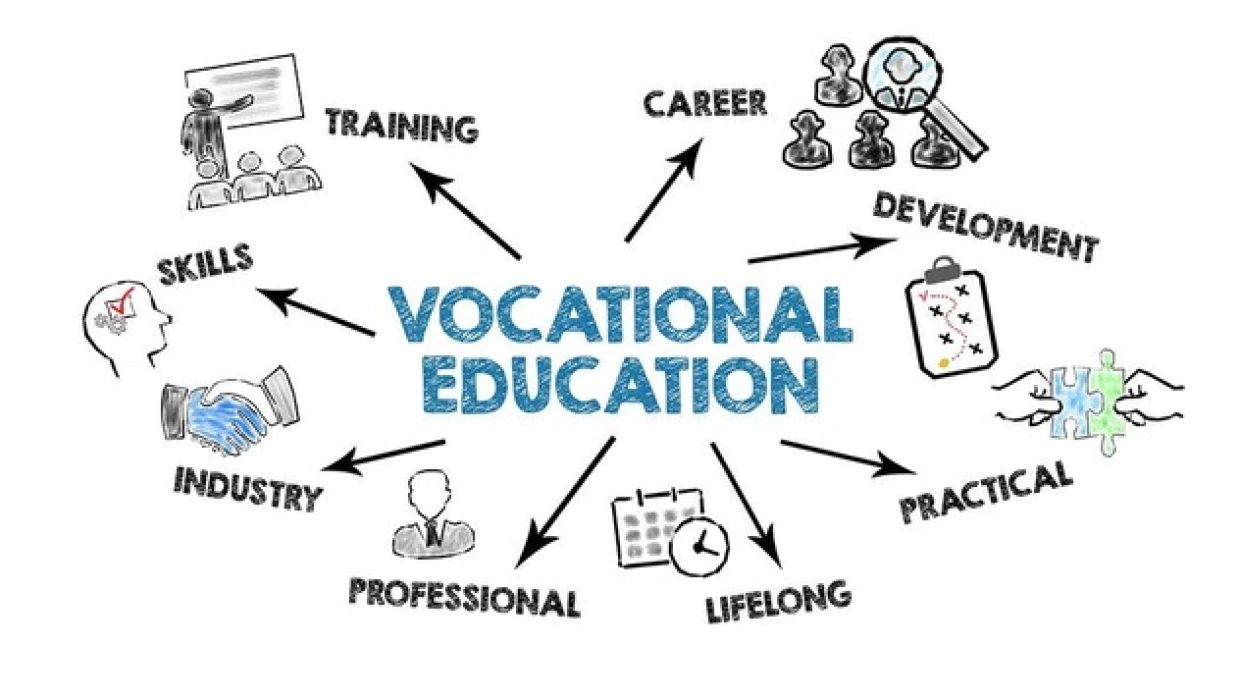




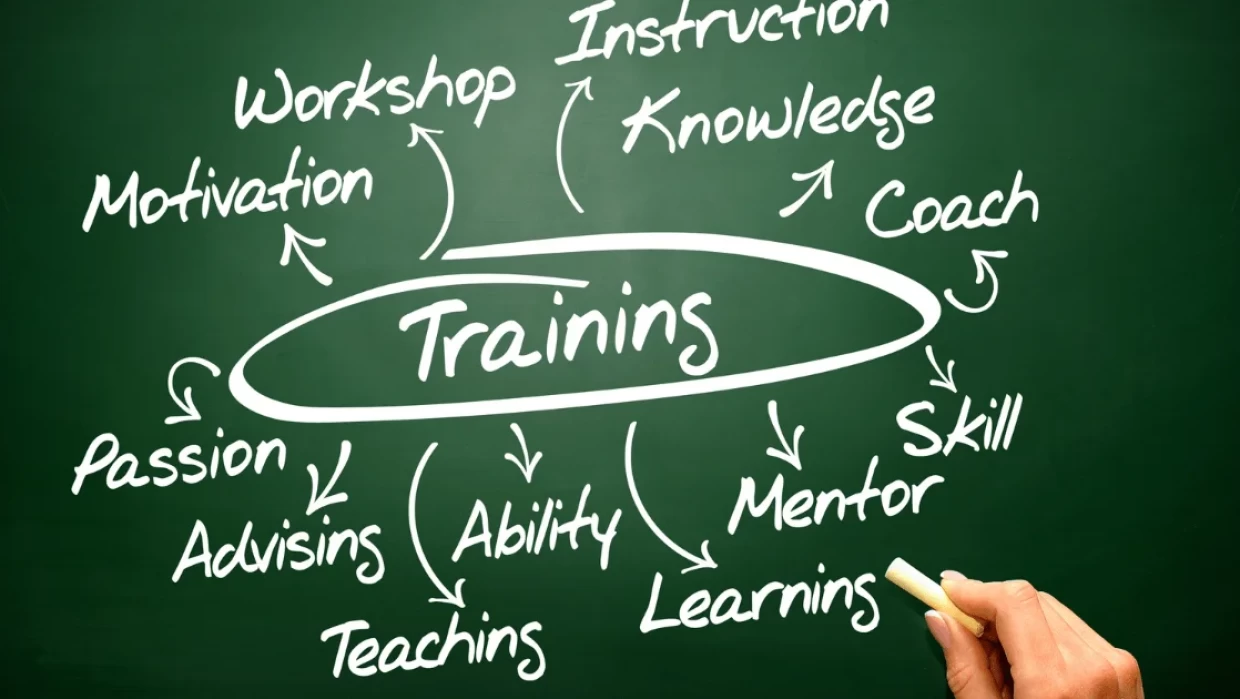


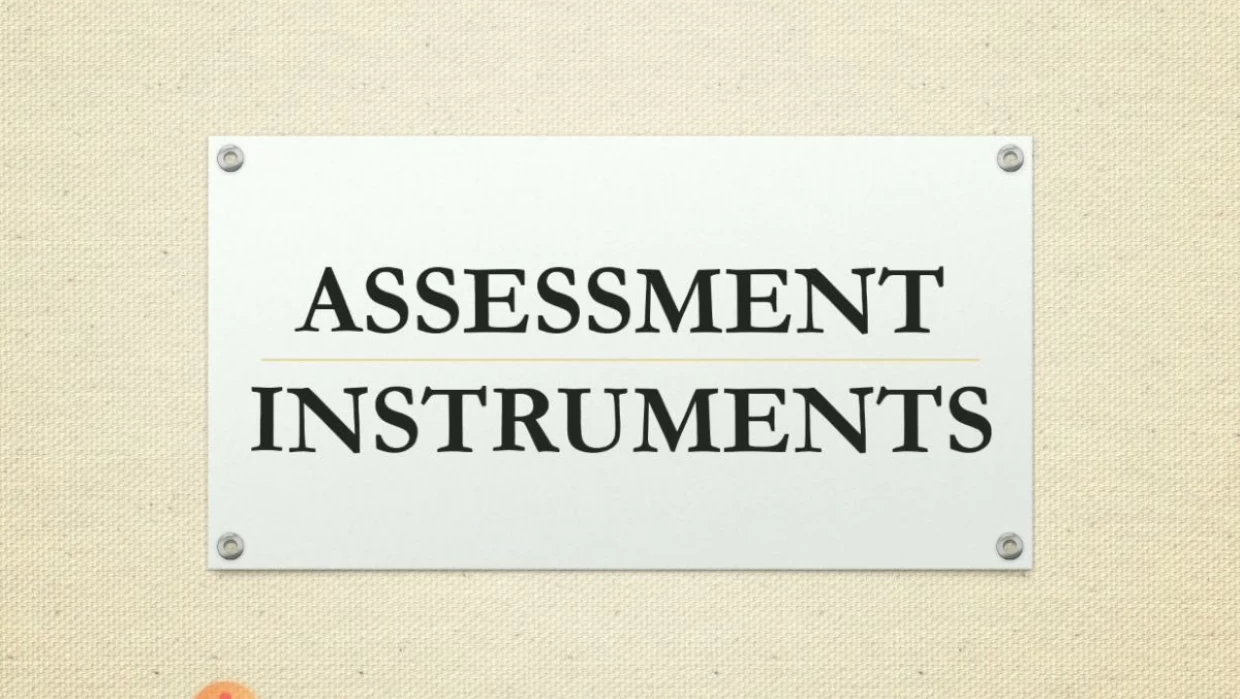





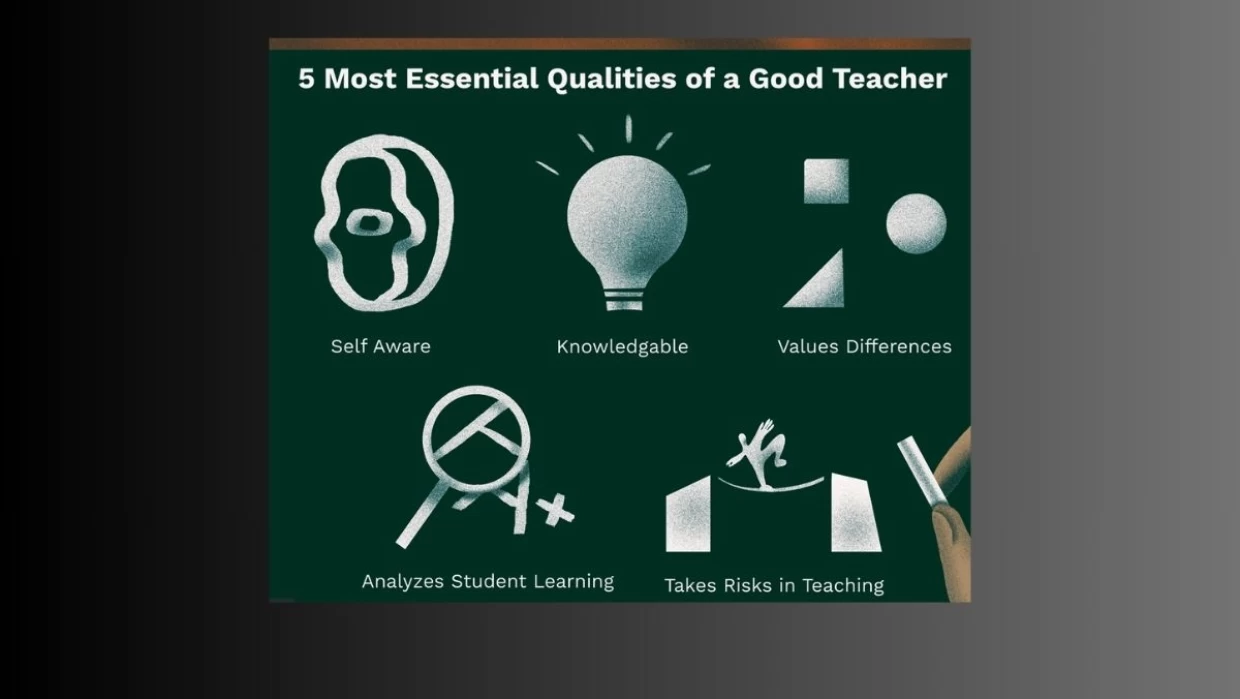
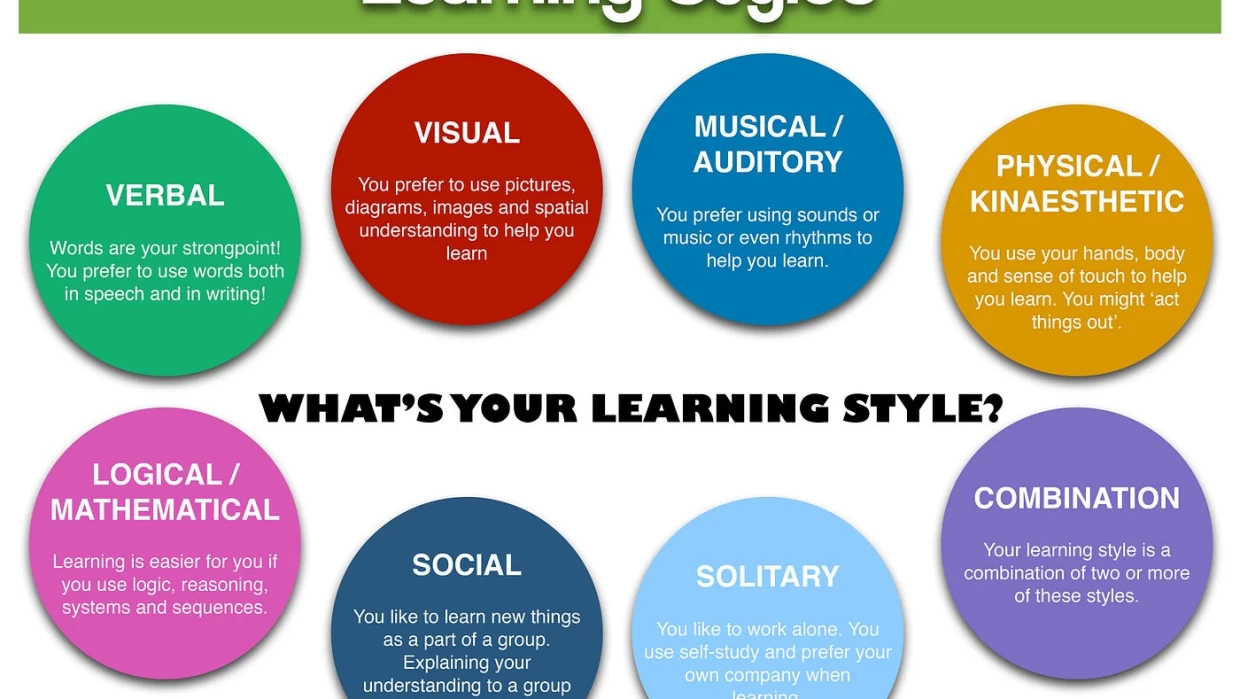
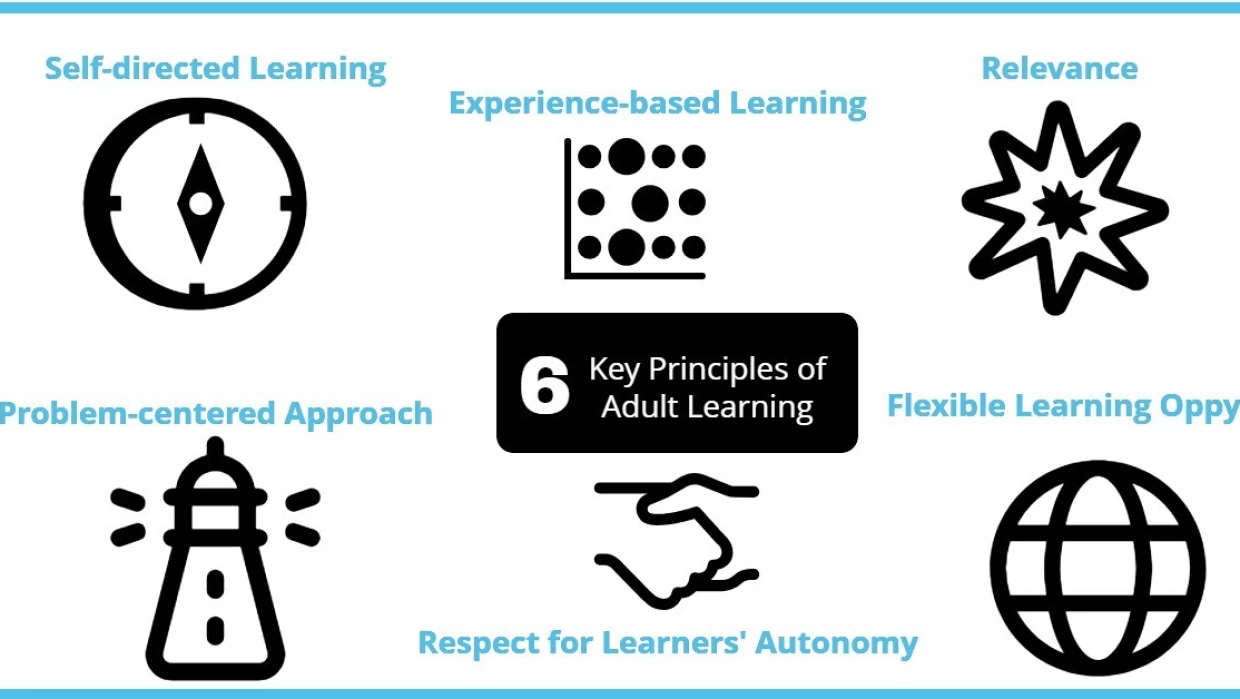














We would be delighted if you could get in touch with us.
Your email address will not be published. Required fields are marked